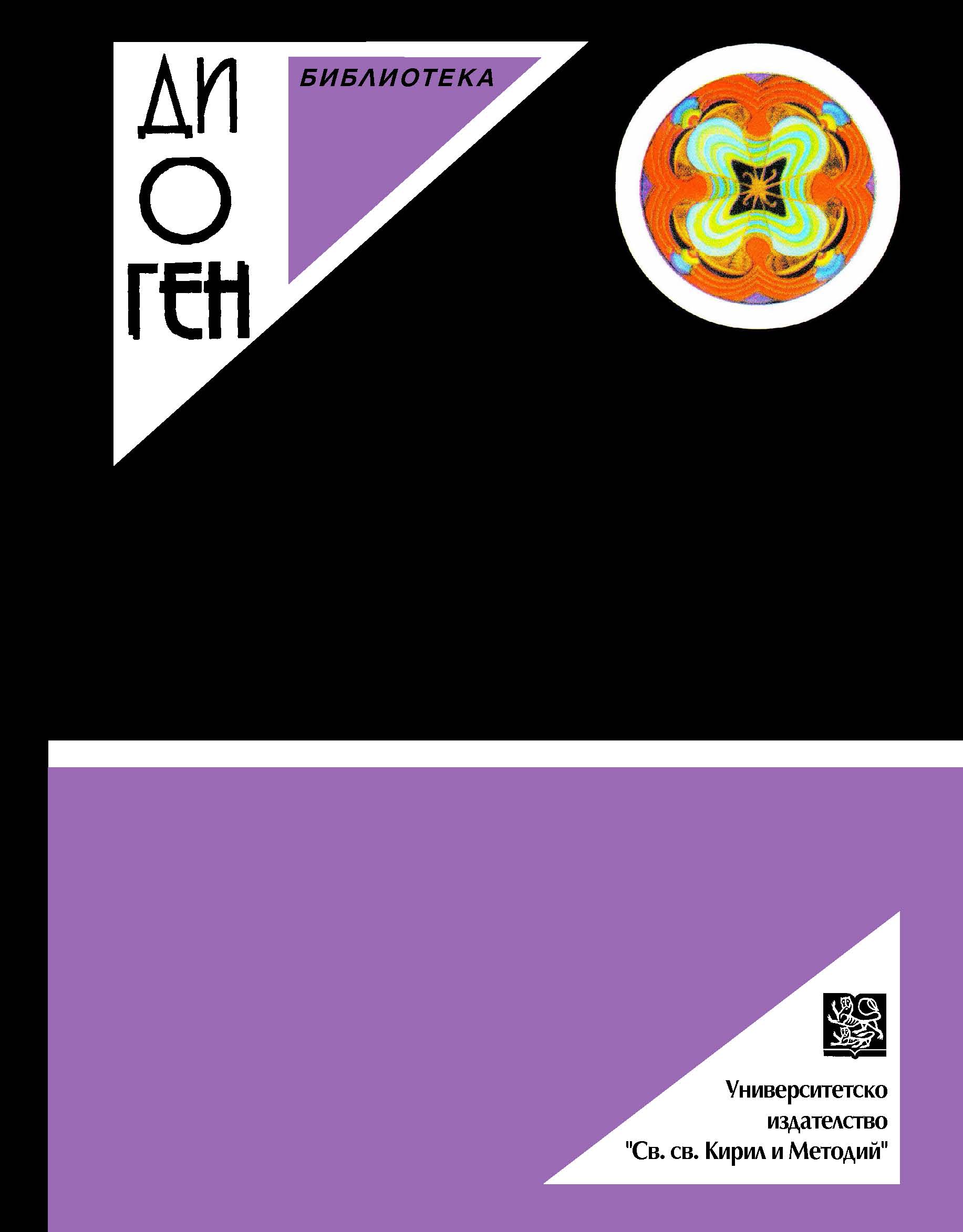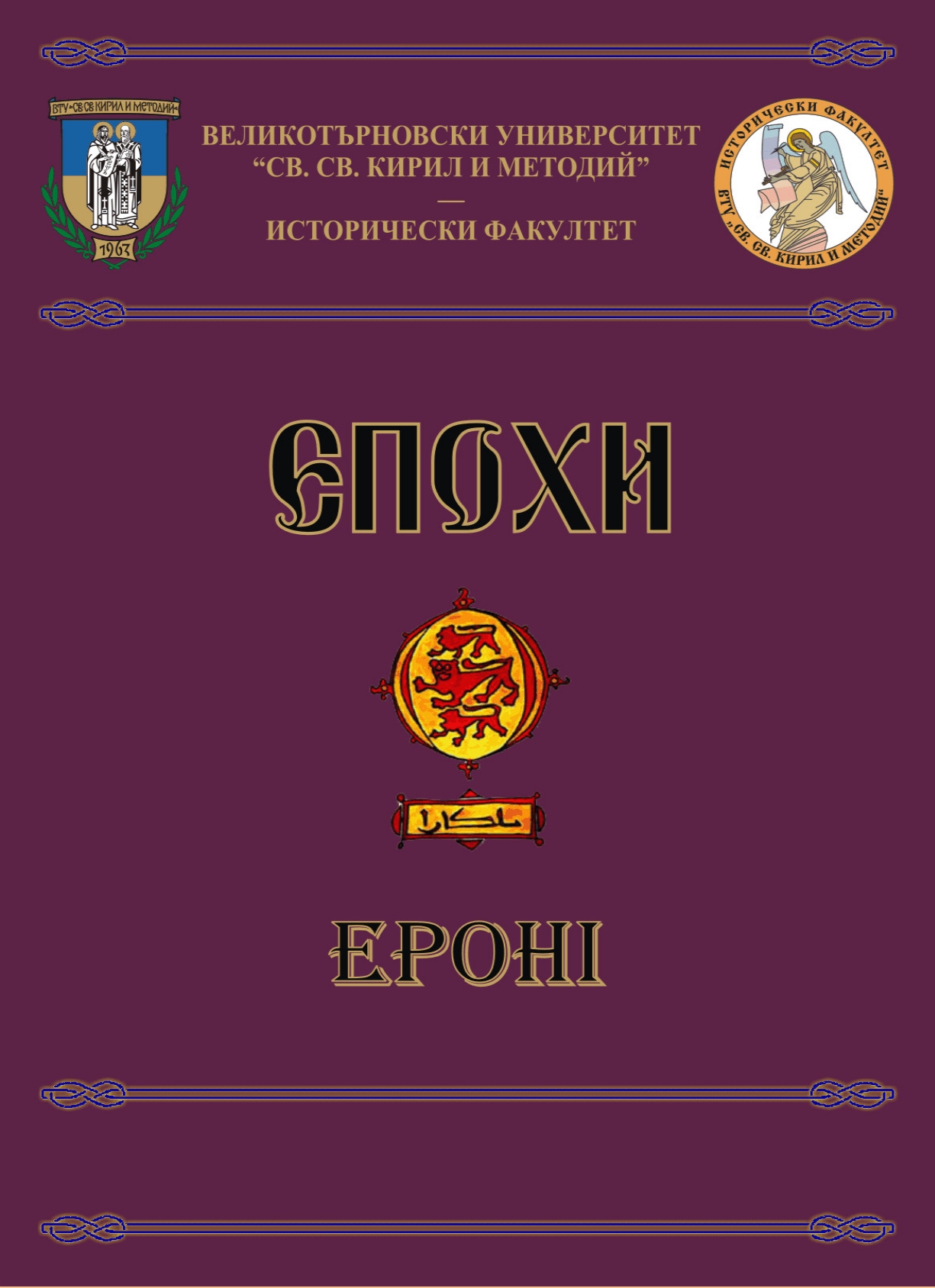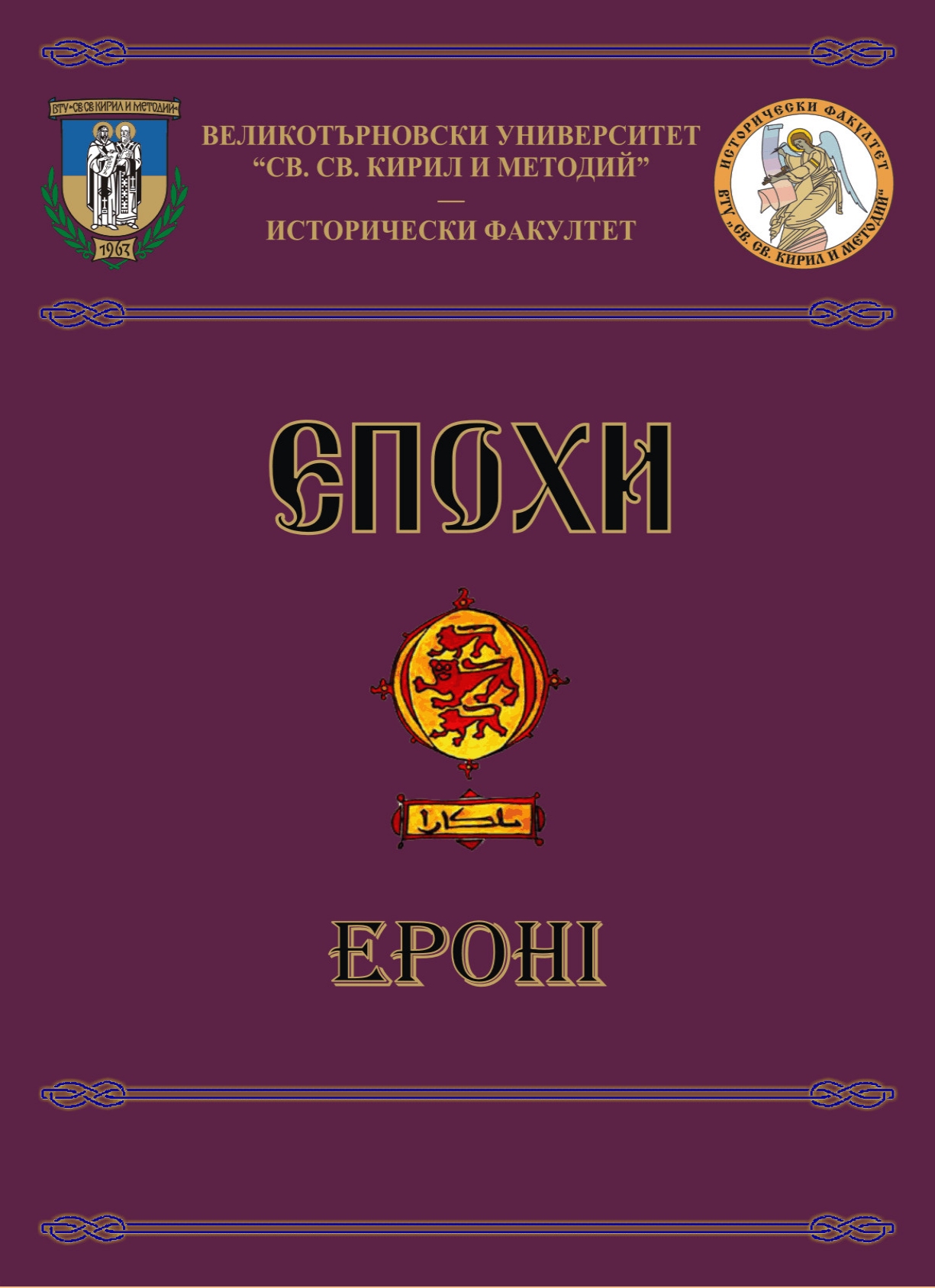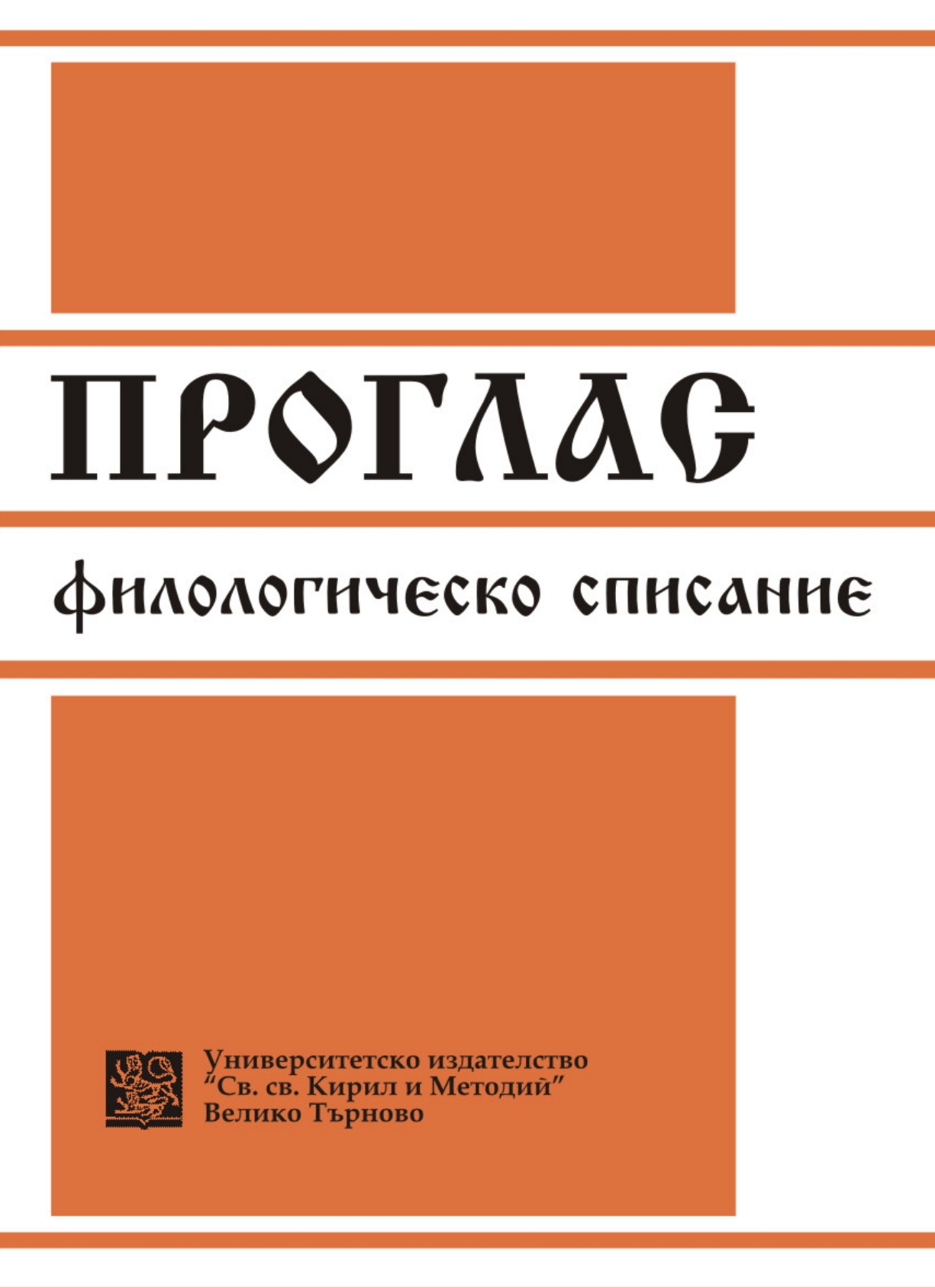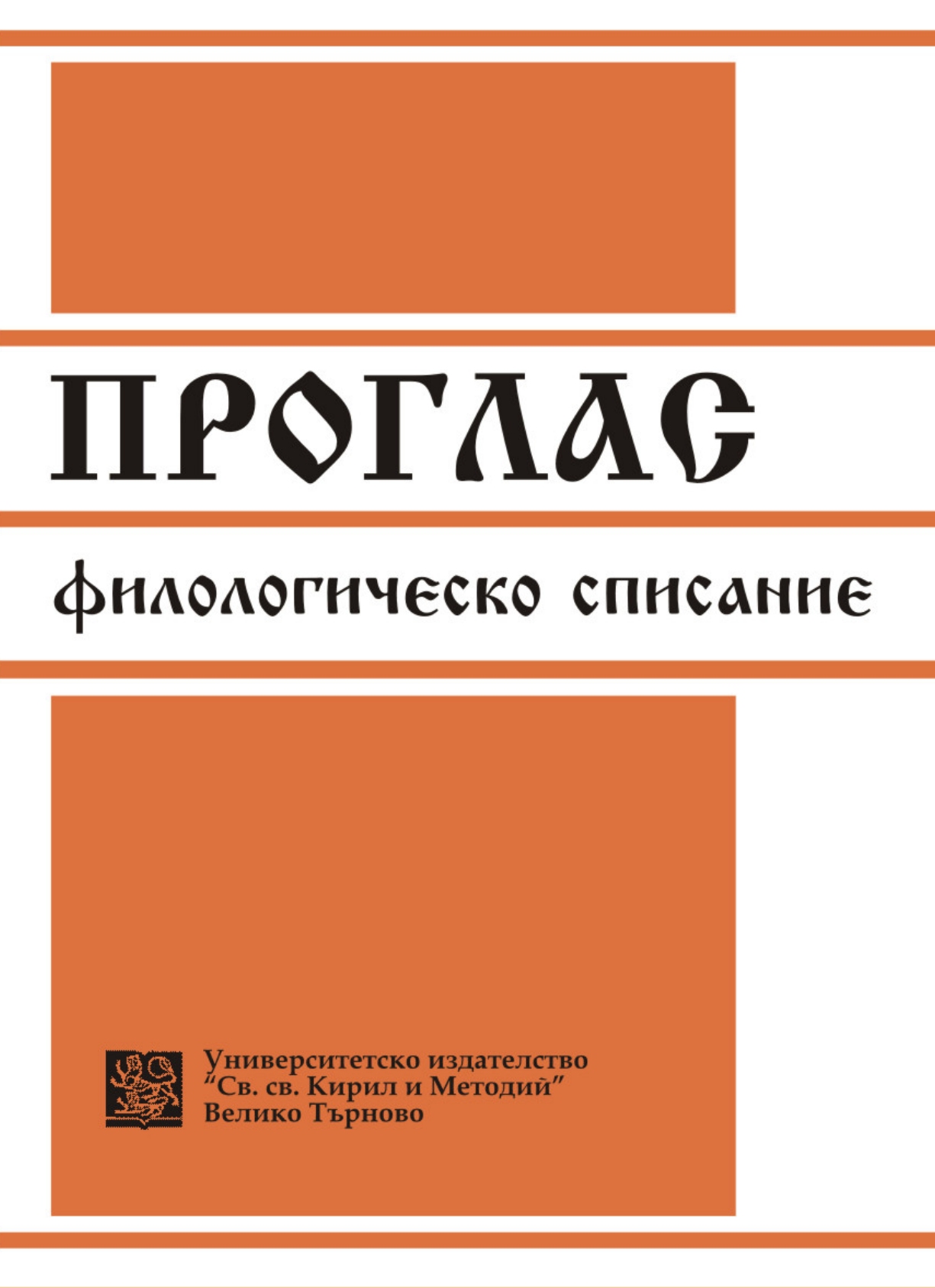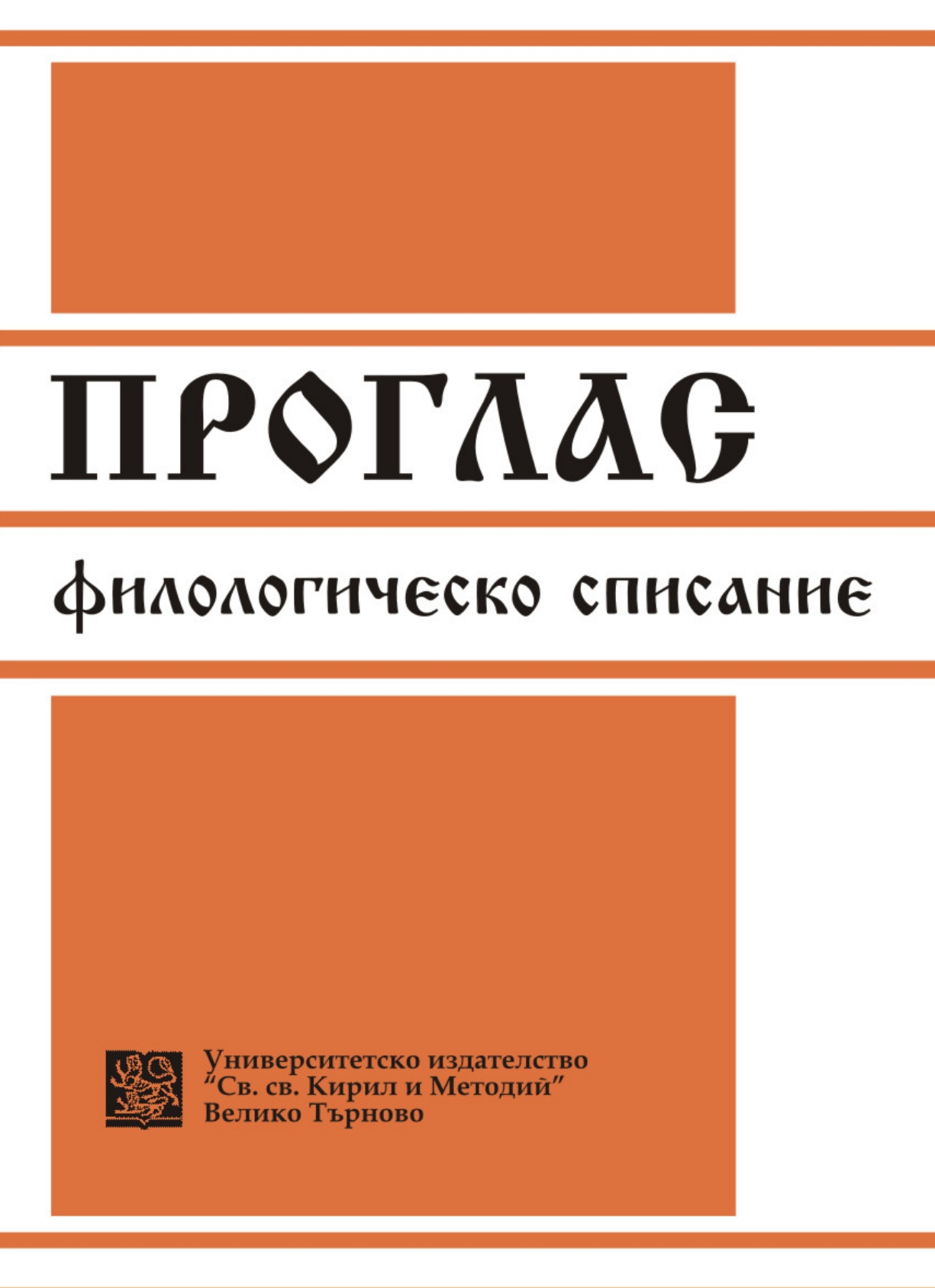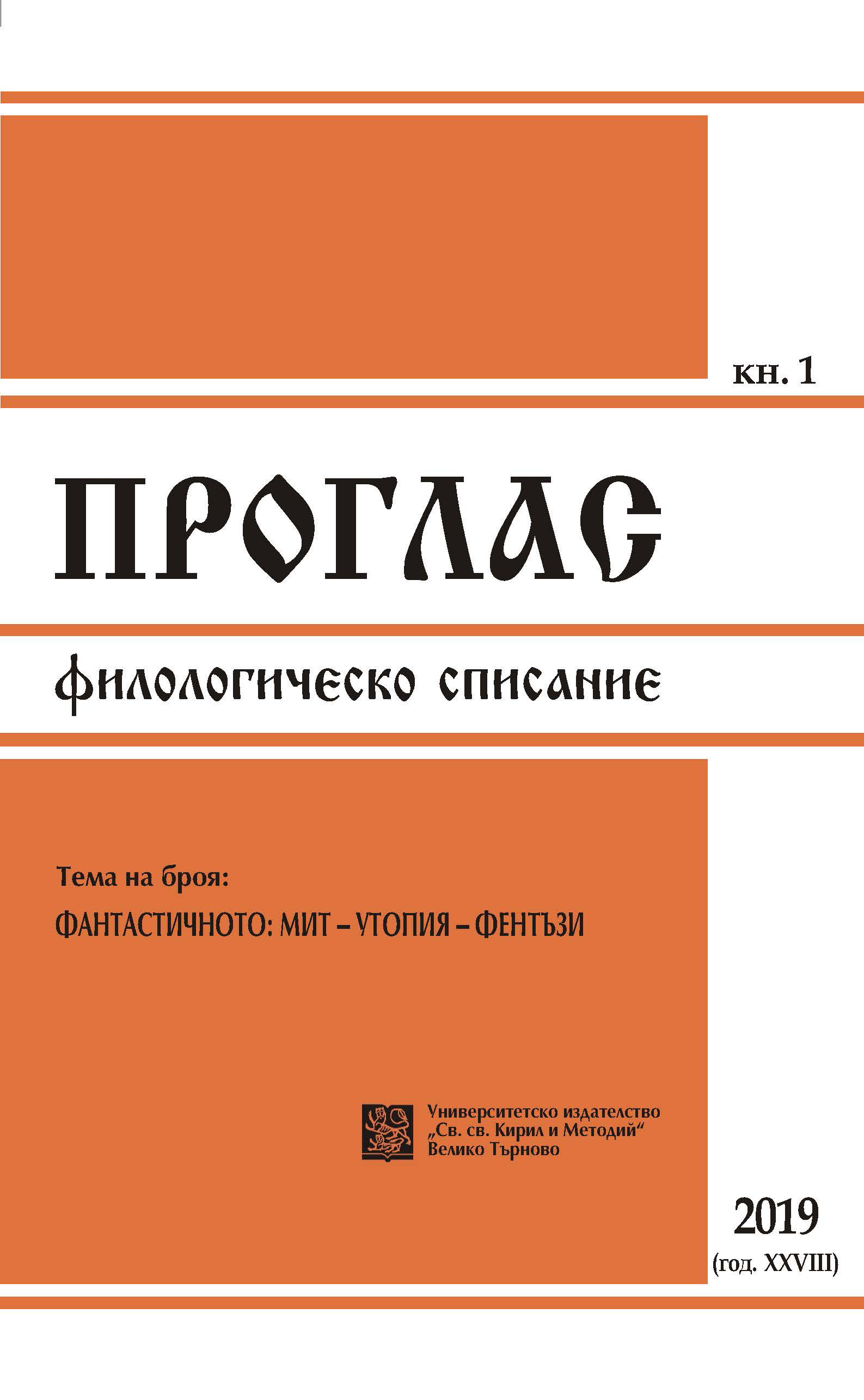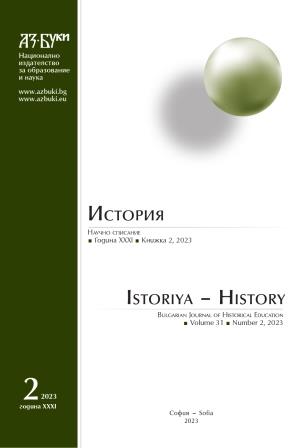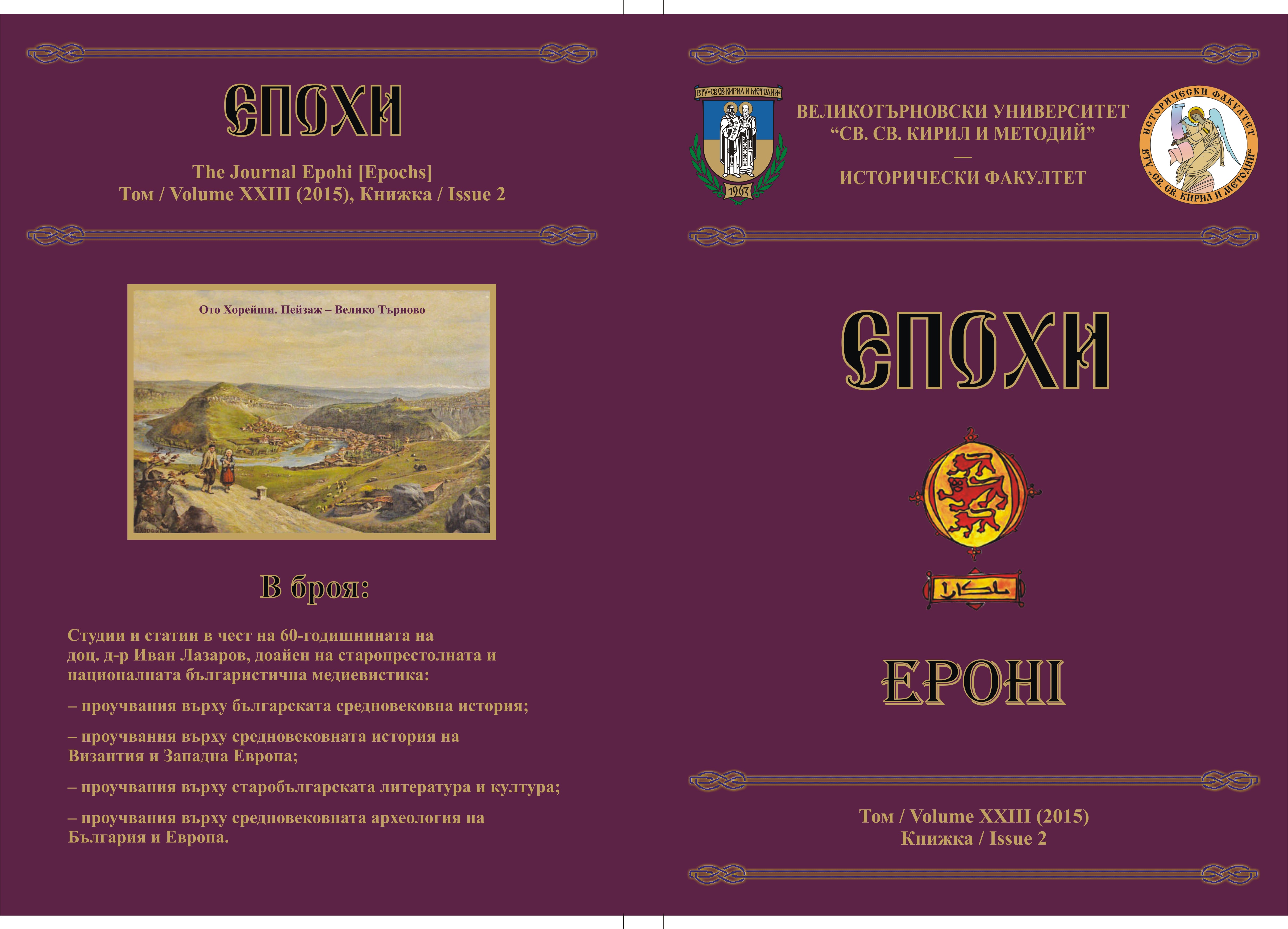
Протестантска пропаганда в Казанлък (1871–1940 г.)
After the liberation Protestant churches in the Bulgarian lands lose the protection of the Ottoman Empire and must seek paths of development through direct dialogue with the Bulgarian government. Missionary activity in the nineteenth century entirely determined subject to US policy in Europe and the Balkans, which is actually aimed at providing spiritual, cultural and economic impact. Information on the withdrawal from the middle of the Baptist community are too limited to draw general conclusions about the weakening influence. But it can not deny the fact that members of one of the most devoted to the cause families – Pateva begin to return to the Orthodox faith. On the other hand, as in any community, and the Baptist deviate people with weak nerves or those who have a basic material incentive to members of the Baptist Church. But can not help noting the importance of the fact that the Protestant Church in Kazanlak survives through time and guide their followers to this day.
More...
